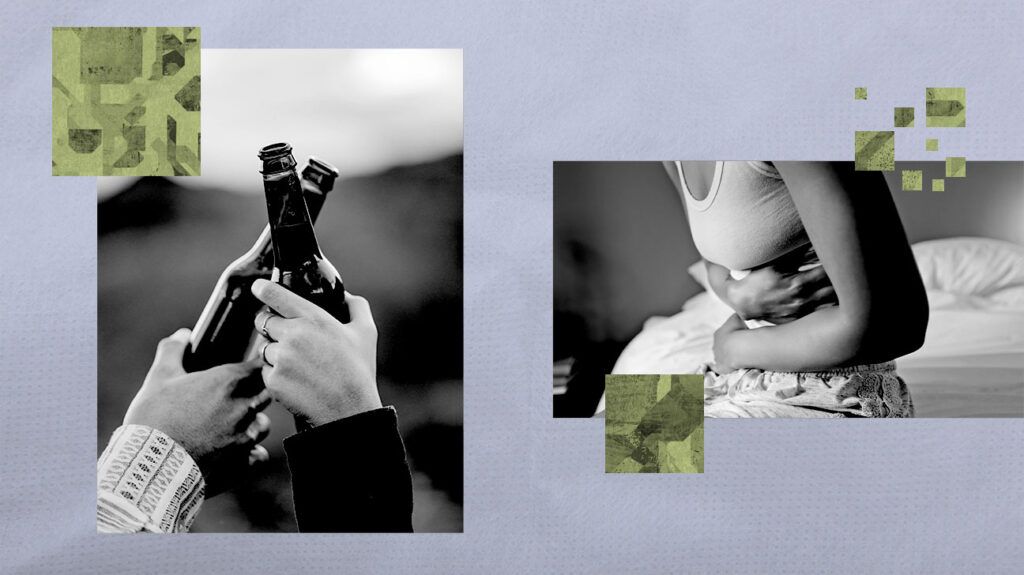Alcohol can irritate and cause inflammation in the gut. Therefore, experts recommend that people with irritable bowel syndrome (IBS) are careful about how much and what type of alcohol they consume.
People with IBS may have to watch what they eat and drink, as consuming some products may trigger their symptoms. Alcohol may cause adverse effects on the health of the gut and be detrimental to people with IBS.
This article looks at the link between alcohol and IBS and discusses what the research says. It explores whether people with IBS can drink alcohol, including how much and what types of alcohol to consume, the treatments doctors recommend, such as lifestyle changes, and tips for drinking safely with IBS.

A
Research suggests that alcohol may further impact some of these physiological processes, causing adverse effects.
For example,
A
However, a
The authors of the review suggest the current research is inconclusive. However, they conclude that people with IBS must take care when ingesting alcohol, as it stimulates the digestive tract and may cause diarrhea.
A
However, the 2017 review notes that scientists need to evaluate the effects of consuming low amounts of alcohol on IBS symptoms because current studies about its effects are conflicting.
Learn about other foods and drinks to avoid with IBS.
- including more dietary fiber in the diet
- following the FODMAP diet
- avoiding gluten
- reducing stress where possible
- increasing exercise and physical activity where possible
- improving sleep
The research also discusses possible medications to help with IBS. These include:
- probiotics
- medications such as laxatives or fiber supplements for constipation
- antidiarrheal medication for diarrhea
- peppermint oil capsules
- antispasmodics or antidepressants
Some doctors may recommend mental health therapies such as cognitive behavioral therapy or hypnosis.
A person can work with their doctor or a registered dietitian to determine which foods and drinks they can include or avoid. They can monitor their symptoms when consuming alcohol and discuss this with a healthcare professional.
Learn more about choosing a diet for IBS.
A registered dietitian can help someone implement a low FODMAP diet, and people can track their intake of FODMAPs in food and alcohol to not exceed the amounts a dietitian recommends.
Anecdotally, people report the following for drinking safely with IBS:
- keeping note of IBS symptoms and tolerance
- avoiding high FODMAPs
- minimizing intake of carbonated drinks
- avoiding high FODMAP juices, alcohol, and other additives in drinks
- drinking water in between alcoholic drinks
- avoiding drinking large quantities of alcohol in a short time
Learn more about the effects of alcohol on health.
Alcohol can irritate the gut and worsen the symptoms of IBS in some people. The research regarding how much people with IBS can drink is inconclusive. Some studies show alcohol causes bacterial overgrowth and leaky gut, but other experts suggest light to moderate drinking may not cause adverse effects.
People might consider monitoring their reactions to alcohol and how it affects their symptoms. A doctor or a registered dietitian can help them manage this.
Avoiding alcohol that contains high FODMAPs and being careful not to add juice or fizzy mixers to drinks may benefit those with IBS.
IBS resources
Visit our dedicated hub for more research-backed information and in-depth resources on irritable bowel syndrome (IBS).
